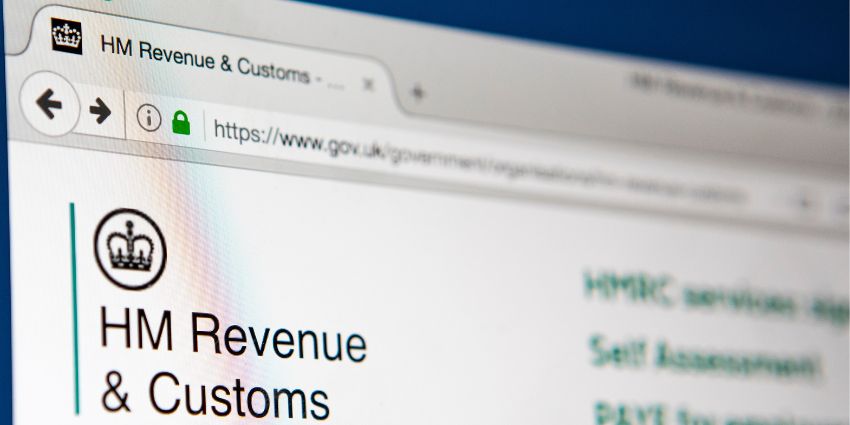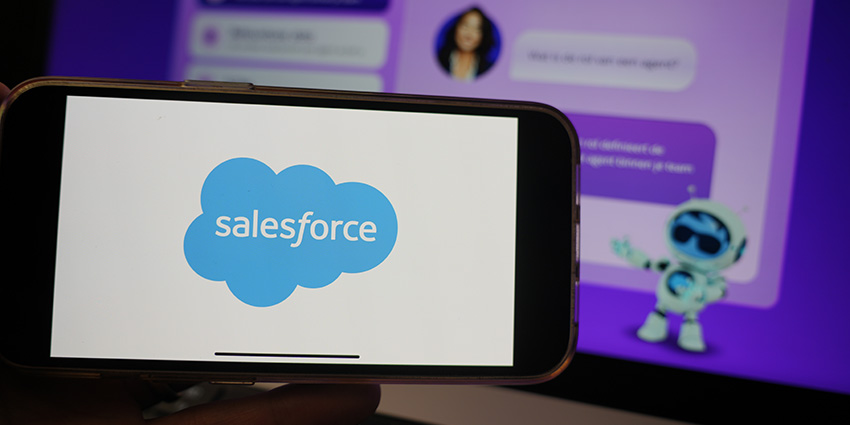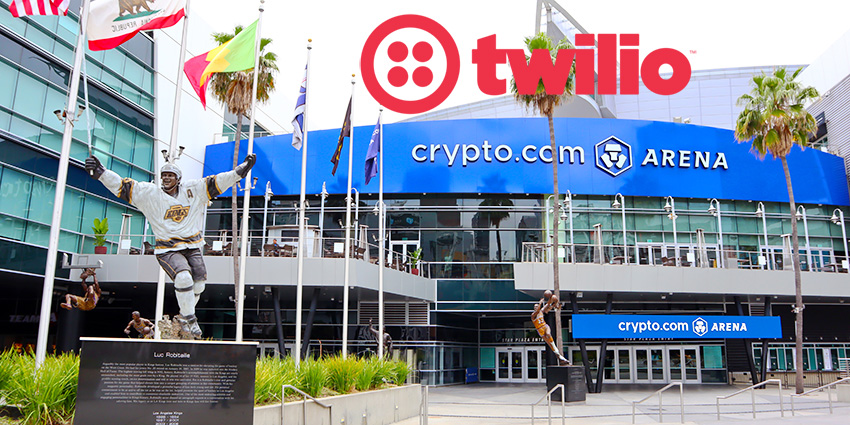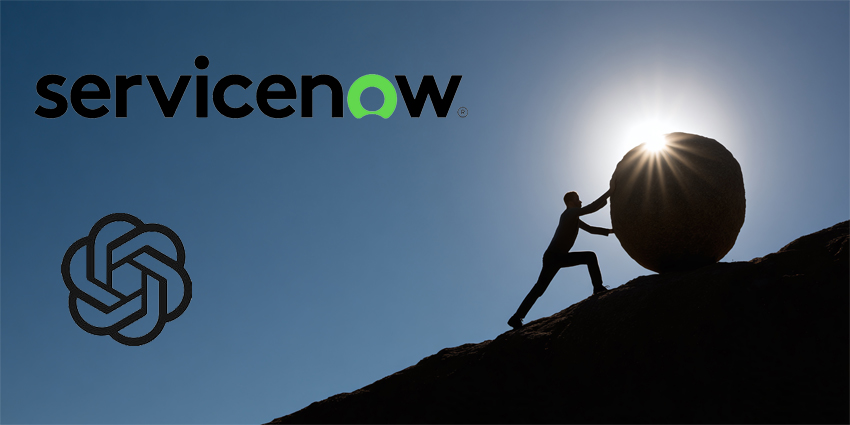HMRC is inviting proposals for a CRM mega-contract, which it has valued at $2.7BN (£2BN), excluding VAT.
The tax authority aims for a relatively speedy procurement process, estimating that the contract will run for ten years from May 1, 2026.
It also wishes to add the option for a possible contract extension until 2041.
As such, it has set short deadlines, staying open to enquiries until 12pm (BST) on July 31, 2025. Meanwhile, requests to participate in the tender process close on August 13, 2025, at the same time.
HMRC first revealed plans to implement a new CRM in April. Back then, it bookmarked £1BN for the project, but it appears to have now doubled its budget.
Alongside this mega-contract, HMRC has also kick-started the tender process for a new CCaaS solution, setting aside $670MN.
As such, CRM providers should be sure to highlight how they’re tightening the screws on their CCaaS integrations when building their proposals.
However, there’s a lot more that HMRC is looking out for.
What Does HMRC Want from Its CRM Provider?
As suggested, HMRC wants to establish a “seamless” CRM-CCaaS integration, so providers should demonstrate how they’re converging these technologies.
Yet, per a detailed document outlining the project, the UK government agency also seeks a provider that covers the following capabilities:
- Marketing & Campaign Management
- Customer Management
- Case Management
- Interaction, Channel, and Messaging Management
- AI
- Insights
- Reporting & Intelligence
- Customer Experience (Customer Portal and App)
- Identity, Verification & Authentication
- Secure Digital Exchange Communications (SDEC)
- Fraud
- Data & Integration Management
- Operational Management
- Knowledge Management
- Non-Compliance Management
Moreover, the HMRC demands that the provider delivers particular capabilities on a first-party basis, with more details available in the aforementioned document.
Lastly, suppliers should provide professional services to support implementation, ensuring smooth deployment and ongoing success.
Who Are The Heavyweights in The Running?
As per 2025 IDC data, Salesforce remains the dominant force within the CRM market. As such, it is perhaps the obvious candidate.
Its chances are reinforced by a substantial financial commitment to the UK, including a £4BN investment to drive AI innovation and digital transformation across sectors.
This strategic positioning – alongside its deep portfolio and ecosystem – makes Salesforce a formidable contender for large-scale public sector deployments.
Microsoft, meanwhile, brings a compelling proposition through its extensive portfolio of UK government contracts and its integrated CCaaS-CRM offering.
With the HMRC also actively seeking a CCaaS solution, the combination of the Microsoft Dynamics 365 Customer Service (CRM) and Contact Center (CCaaS) solutions could make for an attractive proposition. After all, the tech giant could offer a seamless, unified experience that aligns with the department’s ambitions.
ServiceNow is likely in the running, as it rapidly expands its CRM footprint, leveraging its strong public sector portfolio and forging strategic partnerships with CCaaS leaders such as Genesys, NiCE, and Five9.
These collaborations combine customer service workflows with middle and back office processes, enabling end-to-end fulfillment. That’s an attractive proposition, given HMRC’s emphasis on case management and AI.
Other notable contenders include Oracle, SAP, and Pegasystems. Oracle stands out as the 2025 CX Awards winner for CRM, with strengths in data-driven personalization and cross-departmental orchestration.
Yet, together, all these vendors represent a diverse mix of innovation, scale, and sector alignment, each with distinct strengths that could support HMRC’s transformation goals.
How Will the Tender Process Work?
The HMRC has now issued its Request for Proposal (RFP), publicly advertising the tender.
CRM providers have until August 13, 2025, to submit their proposals, including pricing information, technical specifications, timelines, etc.
From there, the HMRC will conduct an assessment based on the criteria in its RFP, selecting a winning bid before – finally – formalizing the agreement.






